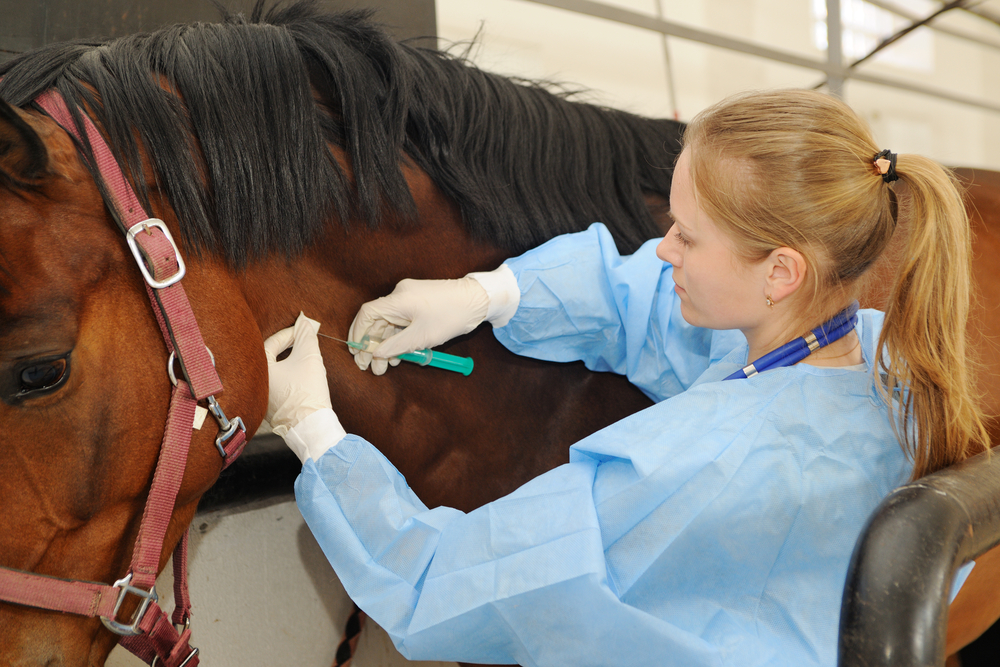The health and well-being of horses significantly depend on various factors, with equine dental equipment playing a pivotal role in maintaining optimal oral health. As equestrian enthusiasts, understanding these tools becomes essential to ensure our beloved animals live healthy and comfortable lives. In this guide, we will delve into the importance of these instruments and how they contribute to the overall dental care of horses.

The Importance of Equine Dental Equipment
Proper dental care is crucial for horses, not just for eating but for overall health and performance. The right equine dental equipment helps veterinarians and equine dentists perform thorough examinations and treatments effectively, preventing potential health issues related to oral hygiene. Using these tools ensures that horses can chew properly, which is vital for their digestion and nutrient absorption.
Types of Equine Dental Equipment
1. Dental Speculum
A dental speculum is a device used to keep a horse’s mouth open during an examination or procedure. This tool is crucial for allowing veterinarians to have a clear view and access to the horse’s teeth.
2. Power Tools
Modern dentistry often incorporates power tools, such as motorized floats, to efficiently remove sharp edges and smoothen the teeth. These tools save time and reduce stress on the horse during procedures.
3. Hand Floats
Hand floats are traditional tools used to file down teeth manually. While they require more time and effort, they are often preferred for delicate procedures and offer greater control during treatment.
4. Extraction Forceps
Extraction forceps are used to remove teeth that are damaged or causing problems. Proper use of these tools is essential to prevent injury and ensure successful extractions.
How to Choose the Right Equine Dental Equipment
Choosing the right equipment depends on the specific needs of the horse and the preferences of the veterinarian or equine dentist. Factors such as the horse’s age, dental condition, and the type of procedure required must be considered.
Maintaining Equine Dental Equipment
Regular maintenance of dental tools is essential to ensure their effectiveness and longevity. This includes cleaning, sharpening, and proper storage. Well-maintained equipment reduces the risk of infection and ensures better outcomes for the horse.
Training and Qualifications for Using Equine Dental Equipment
Proper training is crucial for anyone using equine dental equipment. Certified equine dentists and veterinarians undergo extensive training to use these tools safely and effectively, ensuring the best care for horses.
Benefits of Professional Equine Dental Care
Engaging a professional for your horse’s dental care ensures that the animal receives comprehensive and expert treatment. Professionals use specialized equine dental equipment to address issues that may not be visible to the untrained eye, preventing long-term health problems.
Common Dental Issues in Horses
Horses can suffer from various dental issues, including overgrown teeth, sharp edges, and gum disease. Regular dental check-ups and the use of appropriate equine dental equipment help in identifying and treating these issues effectively.
Overgrown Teeth
Overgrown teeth can cause discomfort and difficulty in chewing. Regular floating using specialized tools helps maintain teeth at an optimal length.
Sharp Edges
Sharp edges can lead to mouth ulcers and pain during eating. Using floats, veterinarians can smoothen these edges to prevent injury.
Gum Disease
Gum disease is common in horses and can lead to tooth loss if not addressed. Regular dental care and the use of proper equipment help in preventing and treating gum issues.
Integrating Natural Dental Care
In addition to using equine dental equipment, incorporating natural dental care practices can enhance oral health. This includes providing a balanced diet and regular dental check-ups. Learn more about natural dental care for horses.

FAQs on Equine Dental Equipment
What is the most important tool in equine dentistry?
The dental speculum is considered one of the most important tools as it allows the veterinarian to examine the horse’s teeth thoroughly.
How often should a horse have a dental check-up?
Horses should ideally have a dental check-up every 6 to 12 months to ensure any issues are identified and addressed promptly.
Can I use human dental tools for horses?
No, human dental tools are not designed for the unique structure and size of horse teeth. Specialized equine dental equipment is necessary for effective treatment.
For more detailed information about equine dentistry and related topics, you can visit this external resource.
This article contains affiliate links. We may earn a commission at no extra cost to you.
